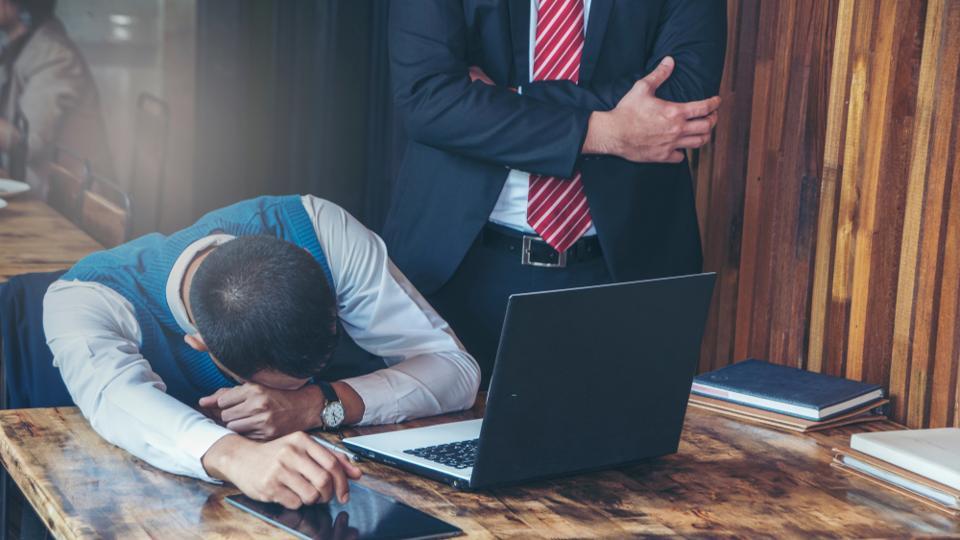

Have you been drinking endless cups of coffee at office in order to stay awake? Or has your boss been telling you to stop yawning in front of him? If the answer is yes, then you need to work to neutralise the problem which can have potentially serious ramifications.
But why do you feel sleepy during office hours?
“The human body has its own internal clock which helps in distinguishing between day and night. People who lack sleep or sleep late in the night can experience exhaustion and feel sleepy during office hours. This can cause lack of energy and other serious issues in the long term such as physical or mental slowdown,” says Haresh Tolia, a general physician from online consultation program Lybrate, who is based in Mumbai.
Furthermore, this can lead to low productivity, miscommunication, and accidents at the workplace.
“Lack of sleep can also leave a person feeling irritable and negatively affect work relationships. Feeling sleepy in the office is a sign that the body needs rest and rejuvenation. It is imperative to understand the underlying cause and take timely action to prevent it from affecting performance at work,” adds Tolia.
But how does one stop feeling sleepy in office? The following steps need to be followed:
Get adequate sleep at night. Most people need about 7 to 8 hours of sleep on an average. A study which came out in the Journal of the American Heart Association said that not getting enough sleep can double the chances of dying from heart disease or stroke. A total of 1,344 adults had been chosen for the study which was conducted in Pennsylvania.
Keep any distractions including laptops and mobile phones out of bed. A study published in a journal named Acta Paediatrica said that excessive use of social media can reduce the number of sleeping hours.
Do not indulge in any heavy physical activity late at night as it can leave you feeling alert.
“Make sure that the lights are dim as this helps in the secretion of sleep hormone melatonin. Wake up and go to sleep around the same time every day. This will help establish a routine. This is particularly true for people who have a sleep problem,” says Padma Shri Awardee Dr K K Aggarwal, President Heart Care Foundation of India (HCFI), Vice President of CMAAO and Immediate Past National President Indian Medical Association (IMA).
Create a bedtime ritual such as a bath, meditation, or simply listening to good music. This can help you feel relaxed and induce sleep.
Rule out snoring, as sleep apnea can be a cause of day time sleepiness. A study had discovered that a single bout of sleep apnea can impact one’s ability to regulate blood pressure. The study was published in the American Journal of Physiology.
“Do not eat a heavy meal just before bedtime. It is important to keep a gap of at least two to three hours between dinner and bedtime. Eat healthy and eat on time as this can prevent energy deficits during the day that can aggravate sleepiness,” advises Dr Aggarwal.
[“source=hindustantimes”]




